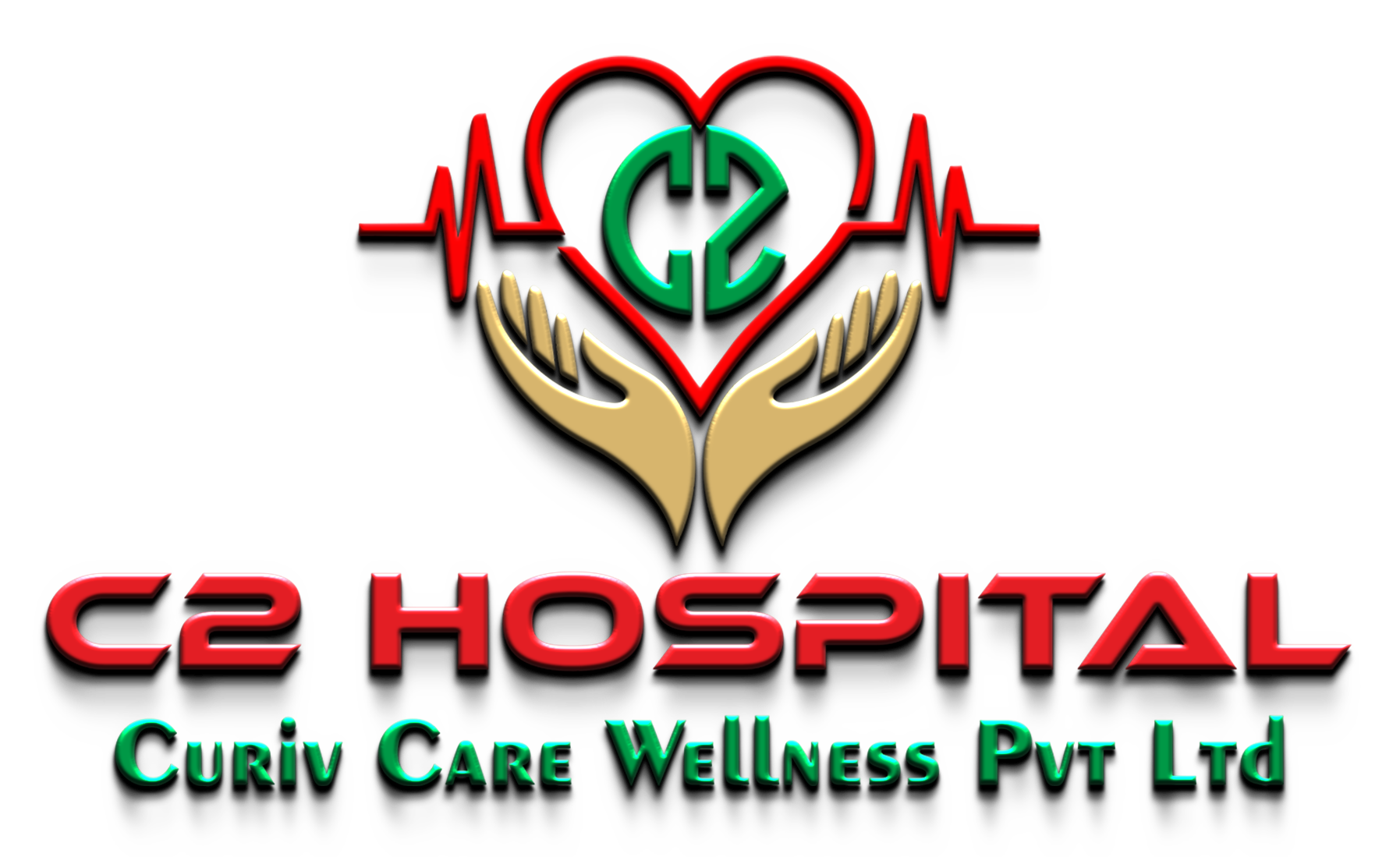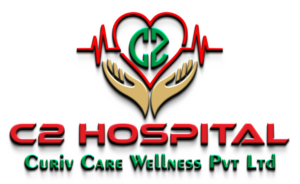Vaccination is one of the most effective ways to protect your child from serious, sometimes life-threatening diseases. Immunizing your child at the right times can help keep them safe and healthy throughout their life. Vaccines prevent children from developing a wide range of dangerous illnesses and help them build strong immunity to fight off infections.
What Are Vaccines?
Vaccines are specially designed medicines that help your child’s immune system fight infections. They contain tiny parts of a virus or bacteria—like proteins or weakened forms of the germ—that don’t cause illness but still teach the body how to recognize and fight the infection in the future. By “training” the immune system, vaccines prepare it to defend the body without causing harm.
When a vaccinated child encounters the real virus or bacteria later in life, their body recognizes it and knows how to fight it off. This is what makes vaccines such a powerful tool in preventing illness.
Why Vaccinations Are Crucial for Children
Vaccinating children is vital to ensure they grow up healthy and strong. Here are the key reasons why vaccinations are so important:
- Protecting Against Serious Diseases: Vaccines protect children from harmful diseases that can cause severe health problems or even death. For example, vaccines help prevent diseases like measles, mumps, rubella, and polio, which were once widespread and deadly.
- Preventing Outbreaks: Vaccinating large groups of people helps stop diseases from spreading. When enough people are vaccinated, it’s harder for a disease to spread because fewer people are carrying the virus or bacteria. This is called herd immunity, and it’s especially important for protecting babies and individuals with weaker immune systems who can’t be vaccinated.
- Protecting Your Child and Others: Vaccination doesn’t just keep your child safe—it also helps protect others in the community, including those who can’t get vaccinated, such as babies too young for certain vaccines or people with compromised immune systems. The more children who are vaccinated, the safer everyone is from disease outbreaks.
- Cost-Effective: Preventing diseases through vaccination is much cheaper than treating a disease once someone has caught it. Hospital stays, treatments, and long-term care can be very expensive, so vaccines help save money by avoiding these costs.
- Long-Term Protection: Many vaccines provide long-lasting immunity, meaning your child won’t need to worry about getting certain illnesses for years or even for life. For example, the measles vaccine is highly effective and can protect your child from the disease for many years.
Diseases That Vaccines Protect Against
Vaccines protect children from a variety of serious diseases, including:
- Measles: Measles is a highly contagious viral infection that causes a rash, fever, cough, and runny nose. It can lead to serious complications such as pneumonia, brain damage, or even death. Vaccines have drastically reduced the number of measles cases worldwide.
- Polio: Polio is a virus that can cause paralysis and even death. Thanks to vaccines, polio has been nearly eradicated worldwide, but ongoing vaccination is still necessary to keep it from coming back.
- Whooping Cough (Pertussis): This bacterial infection causes violent coughing, making it difficult for infants to breathe. It can be dangerous and even fatal for babies, which is why it’s important for children to get vaccinated against it.
- Diphtheria: This serious bacterial infection causes a thick coating to form in the throat, making it hard to breathe or swallow. Without treatment, it can lead to death. Vaccination has made it far less common.
- Hepatitis B: Hepatitis B is a liver infection caused by a virus. It can lead to chronic liver disease or even liver cancer later in life. Vaccines protect children from this dangerous disease.
- Chickenpox: Chickenpox is a highly contagious virus that causes itchy red spots all over the body. While it’s not usually life-threatening, it can lead to serious complications, particularly in infants or adults. The vaccine helps prevent this illness.
- Rotavirus: Rotavirus causes severe diarrhoea, vomiting, and dehydration in babies and young children. The rotavirus vaccine protects children from these dangerous symptoms and helps prevent hospitalization.
- Mumps: Mumps are viral infections that cause painful swelling of the salivary glands. It can also lead to complications like hearing loss or inflammation of the brain. Vaccination effectively prevents mumps.
Vaccination Schedule for Children
Vaccination begins shortly after birth and continues throughout childhood. The specific schedule can vary slightly by country, but the general timeline includes:
- At Birth: The first dose of the hepatitis B vaccine.
- 2 Months: DTaP (Diphtheria, Tetanus, Pertussis), polio, Hib (Haemophilus influenza type b), rotavirus, and pneumococcal vaccines.
- 4 Months: The second dose of DTaP, polio, Hib, rotavirus, and pneumococcal vaccines.
- 6 Months: The third dose of DTaP, polio, Hib, and pneumococcal vaccines, along with a third dose of the hepatitis B vaccine.
- 12 Months: Measles, mumps, rubella (MMR), varicella (chickenpox), and hepatitis A vaccines.
- 15-18 Months: Additional doses of DTaP, Hib, and pneumococcal vaccines.
- 4-6 Years: Booster doses of DTaP, polio, MMR, and varicella vaccines.
Make sure to keep track of your child’s vaccination schedule to ensure they are protected on time.
Addressing Concerns About Vaccines
There are some misconceptions about vaccines, but it’s important to have accurate information when making decisions for your child’s health. Here are a few common concerns:
- Vaccines and Autism: There is no evidence linking vaccines to autism. This myth was based on a study that has since been discredited. Numerous studies have shown vaccines are safe.
- Are Vaccines Safe?: Vaccines are thoroughly tested for safety before they are approved. Side effects are typically mild, such as a sore arm or mild fever. Serious reactions are very rare.
- Do Vaccines Contain Harmful Ingredients?: Some vaccines may contain small amounts of preservatives or additives, but these are safe and have been used for decades. The benefits far outweigh any potential risks.
Why Vaccinating Your Child Matters
Keeping your child’s vaccinations up to date is one of the best things you can do to protect their health. Vaccines have helped eliminate deadly diseases, and continuing to vaccinate your child helps protect future generations from these illnesses.
Don’t wait—get your child vaccinated today! Contact us to schedule their vaccination appointment and help keep them healthy and safe from preventable diseases.




